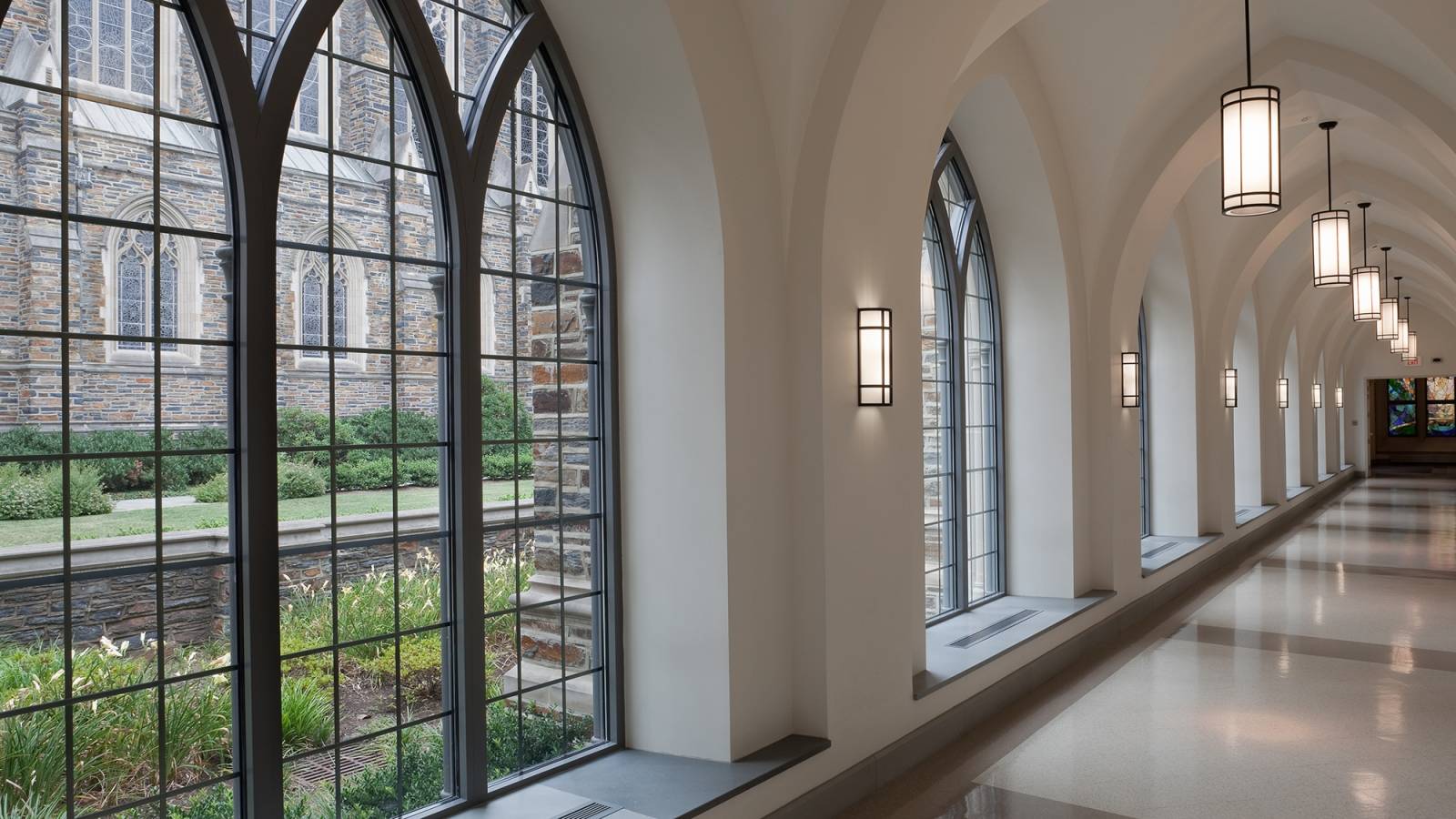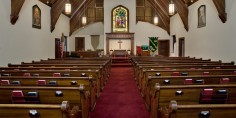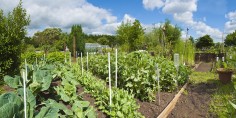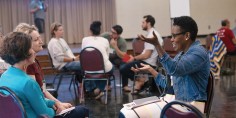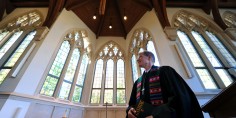Is your community thriving?
Cultural sociologist Josh Yates says the best way to answer that question is to think of thriving as a wholistic form of growth.
“When you thrive, you’re growing into the fullest version of what you could be,” he says. “For communities, that means creating the conditions where everyone can become the fullest versions of who they are and can be.”
In other words, he says, “where everyone can pursue a good life, well lived” in a community.
From 2007 to 2019, Yates was a Research Assistant Professor of Sociology at the University of Virginia’s Institute for Advanced Studies in Culture. His research looked at sweeping social and cultural change (globalization, for example), how it impacts the ability to thrive in today’s world, and what moral and ethical traditions can help us live humanely and justly. In 2016, he founded the Thriving Cities Group, a nonprofit aimed at equipping communities and institutions to lead change “so that all can thrive together.”
As the new executive director of the Ormond Center at Duke Divinity School in Durham, Yates will now focus on congregations and the role they play as anchor institutions in their communities. A $12 million grant from The Duke Endowment is helping the Divinity School prepare leaders for the work.
Yates and his team are aiming the center’s early energies on where it can add value to organizations and initiatives working to build thriving churches and communities in North Carolina.
For example, the center will support the Duke Clergy Health Initiative, a program to assess and improve the health and well-being of United Methodist clergy across the state. It will also partner with Wesley Community Development, a nonprofit that helps churches develop or repurpose their buildings and property to meet church and community needs. In addition, it will collaborate with the Institute for Emerging Issues and the NC Rural Center. Finally, Yates’ team will partner with Duke faculty to weave this work into the learning experience for students, both at the Divinity School and throughout the university.
We visited Yates at his campus office to learn more.
Q. Let’s start by hearing how you define ‘anchor institution.’
A. It simply refers to place-based institutions that play a keystone role in our communities because of their long-term existence, investment and rootedness there.
Q. Such as?
A. A hospital system, school system, arts and cultural institution — I can go down the list. Whatever else they do, they’re uniquely positioned to contribute to the well-being of the place. Their fate goes with the fate of the place. They’re a central part of the social fabric.
Q. Churches are on that list, right?
A. Historically, faith communities have been among the most essential anchors. Few other enduring institutions can form and galvanize multiple generations of citizens to care about theiacr neighbors in such powerful ways.
Today, though, many legacy institutions are trying to figure out how to play that keystone role. We’re in the messy middle of technological advances, demographic shifts and new economic models. There are all kinds of possibilities, but anchor institutions need to re-establish their public value proposition and re-engage in new ways.
Q. And Duke Divinity is preparing leaders for that re-engagement.
A. Absolutely.
The Divinity School has always played this role, of course. But as times change, so do the competencies and capacities our pastors and church leaders most need to learn if they are to be successful in faithfully fulfilling their vocations.
One critical area of that formation for today’s world involves rekindling the imagination and skills for how congregations can seek the welfare of their communities, even as the ways we congregate as communities of faith continue to change. Congregations and pastors can play key roles as catalysts, conveners and curators in their communities – and we want Duke Divinity School to help equip both congregations and pastors for those roles.
Q. How does the Ormond Center fit in?
A. Our premise is straight forward. We’re calling it the Ormond Center for Thriving Congregations and Communities because we believe that the thriving of congregations and the thriving of communities depends on the thriving of both.
Three animating questions — and four basic activities — will guide our work. The first is diagnostic: What does it take for a congregation and community to thrive in today’s world? In other words, how are we doing? Where is this going well? Where isn’t it going well? Who’s it going well for?
Second: How can congregations and communities work together for the thriving of all, especially those who need it most?
Third: Where can communities of faith contribute to developing new paradigms of thriving for communities, regions and a broader world in uncertain transition?
Q. And the activities?
A. One is translational research. In the research world, there’s basic research and there’s applied or translational research. Basic research is like an oil rig pumping oil out of the ground. That oil, however, needs to go to a refinery before it can be used. I want the Ormond Center to be the refinery — to find actionable knowledge for practitioners and make it accessible.
The second is what we’re calling an innovation hub. We want to help congregations and pastors think about the frontiers of practice that might be applicable to them. We want to be a place where they can do that incubation.
Third is connecting the dots. How do we create a supporting ecosystem for these new practices? We want to be a convener of groups that are working on these issues.
Fourth is sharing the message — finding creative ways of telling stories that inspire imagination and action for the common good.
Q. Sounds daunting. Where do you start?
A. I see 2020 as a soft launch year. We’ll be doing a lot of relationship-building and discernment around just where the Ormond Center can add value to an already dynamic ecosystem of researchers, technical assistance providers and church leaders. There’s enormous opportunity to build up and extend those strengths.
If this mission sounds daunting, then I’d suggest it’s no more daunting than the challenges of our societal moment, and thus no less essential to the health and well-being of our communities. Whether we’re talking about the hardening of political polarization, the coming wave of automation, the ongoing legacies of racial disparity, or the growing impact of climate change, congregations are no less impacted or implicated than the rest of their communities. However, they just might be uniquely positioned and equipped to cultivate the capacity of their communities to face these challenges and build futures where all can thrive.
I can’t think of a better way to pursue my own professional calling or a better place from which to come alongside others in this critical work.

